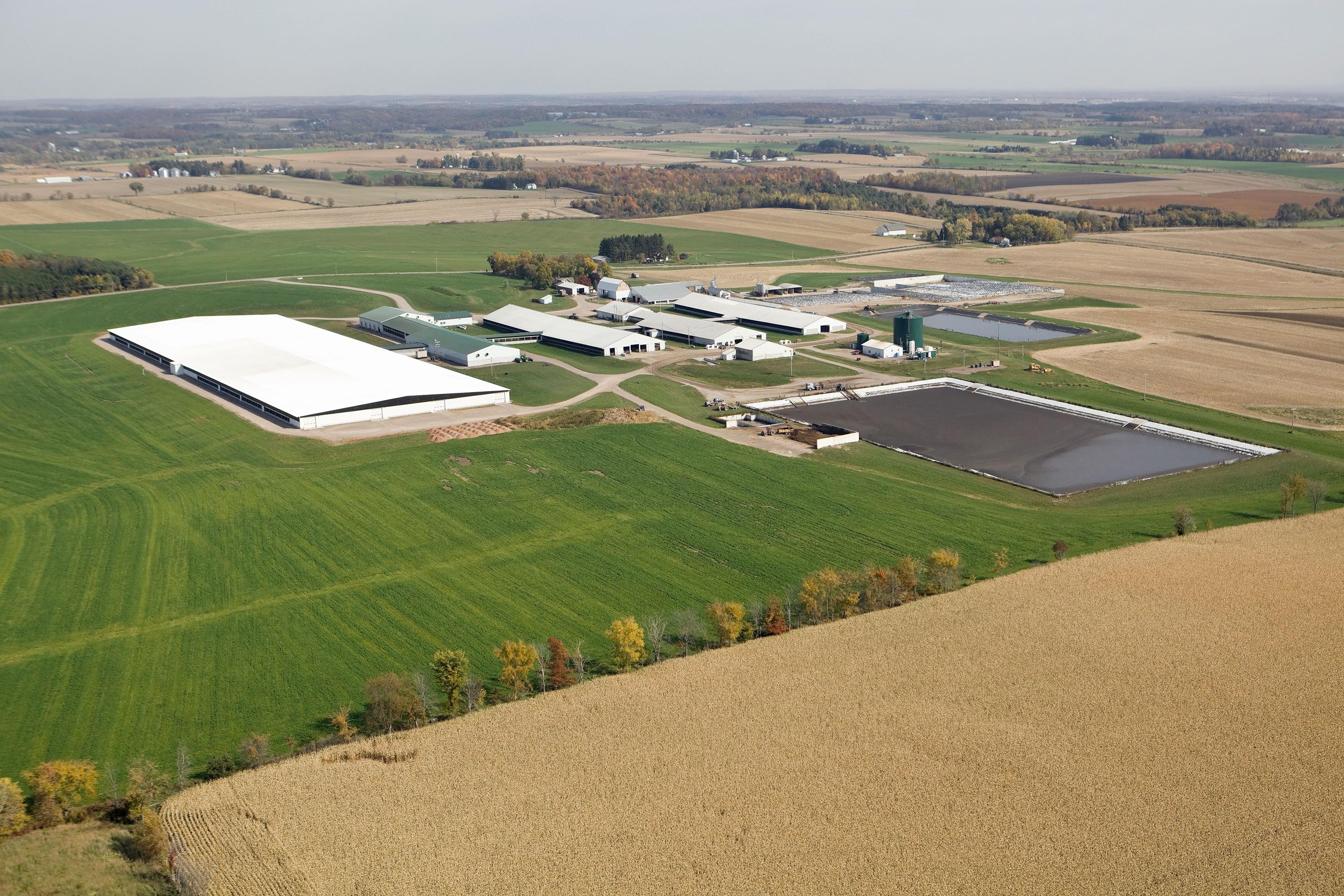To many farmers, the family farm is more than just a piece of land and machinery; it represents generations of hard work, dedication and a connection to the foundation of agriculture. Yet passing the torch to the next generation is not always an easy process. Encouraging heirs to take over the family farm involves an environment that fosters excitement for farming, addressing their concerns and providing support.
Some of the concerns heirs have in taking over the family farm include the financial viability of farming, the challenges of modern agriculture and lifestyle implications. In this article, we will delve into various strategies to reduce these concerns and incentivize heirs to ensure the continuation of the family farming legacy.
Many heirs have major concerns regarding the economic sustainability of farming due to the volatility in markets and the high initial investment required. Having a solid business plan and providing financial support can help reduce these concerns.
In providing financial support, you should consider offering low-interest-rate loans, providing help with startup costs and offering reduced land prices. Additionally, you should consider implementing a profit-sharing arrangement or bonus structure to reward their hard work and commitment to the family farm. By providing low-interest loans, you will allow your heir affordable financing for acquiring the required equipment, seed, livestock and other resources. Reduced land prices can significantly lower the financial barrier to entry and make the prospect of taking over the farm more enticing for the next generation.
Farmers should also consider implementing profit-sharing plans and incentive bonuses. Profit-sharing plans will help incentivize heirs to do everything in their power to ensure the success of the family farm. This could include sharing a percentage of the profits with the heirs, giving them a sense of a direct financial stake in the farm’s performance. Introducing incentive bonuses related to specific performance measurements or milestones is another way to tie your heirs to the success of the farm.
You should also consider developing an ownership transition plan where you gradually transfer ownership to your heirs through a phased approach or partnership arrangement. This will allow them to build equity in the farm over time. It is essential to tailor financial incentives to specific needs and circumstances of the family and heirs involved. Consulting with financial advisers, agricultural experts and legal professionals can help create a customized and effective financial incentive plan for a successful transition of the family farm.
Modern agricultural challenges are another major concern for the next generation of farming. Changes in agricultural practices and advancements in technology can be overwhelming. Offering mentorship, training programs and educational opportunities can help alleviate these concerns. Offering to pay for college for heirs pursuing degrees in agricultural fields will support their educational desires and also increase their knowledge and skills in the field.
The younger generation is also often drawn to environmentally conscious and technologically advanced methods of farming, so showcasing a forward-thinking approach can make the family farm more attractive and align with their values.
A gradual transition of responsibilities can also alleviate some of the concerns with heirs. Allowing them to take on increasing responsibilities over time helps them develop a stronger connection to the farm without feeling overwhelmed. It also helps with a smoother learning curve.
Getting your heirs involved with community engagement can also help with transition. Fostering a sense of community engagement by involving your heirs in local agricultural organizations, networks and events builds connections with other farmers, providing a support system and sense of belonging, reinforcing the importance of their role in the community.
Another major concern for heirs in taking over the family farm is the demanding nature of farming. Many heirs have seen the toll it takes on family life and may not be interested in continuing down this path. Maintaining a healthy work-life balance in farming can be challenging due to the nature of the profession, but there are strategies farmers can consider to alleviate these work-life balance issues. Implementing flexible schedules, seasonal breaks, prioritizing tasks, setting realistic goals, delegating responsibilities, investing in technology and a supportive family environment can address these worries and make farming a more appealing lifestyle choice.
Identifying and prioritizing tasks based on urgency and importance allows you to focus on critical activities and postpone less urgent ones. Establishing realistic and achievable goals for the farm will help you avoid overcommitting to tasks that can lead to burnout. Delegating responsibilities to family members, farm employees or hired help can reduce the workload and provide opportunities for downtime. Investing in modern farming technologies and equipment that can streamline processes and save time will help reduce the manual labor required in traditional farming.
If there are multiple heirs you would like to take over the family farm, you can encourage them to work together in a cooperative structure, each specializing in a different aspect of the farm. The collaborative approach will allow the siblings to share responsibilities, reduce individual workload and benefit from each other’s expertise.
In conclusion, incentivizing heirs to take over the family farm involves a combination of financial, educational and lifestyle considerations. By addressing the concerns of the next generation and demonstrating a commitment to their success, families can ensure a smooth transition and the continued success of their farming legacy.
Whether through financial support, innovative practices or a collaborative approach, fostering a positive and supportive environment is key to inspiring the next generation of farmers. As families cultivate their legacy, they not only secure the future of their families but also contribute to the agricultural heritage that sustains communities and economies.
This article is provided for information purposes only. Readers should consult their own professional advisers for specific advice tailored to their needs. Information contained in this article may be subject to change without notice.










